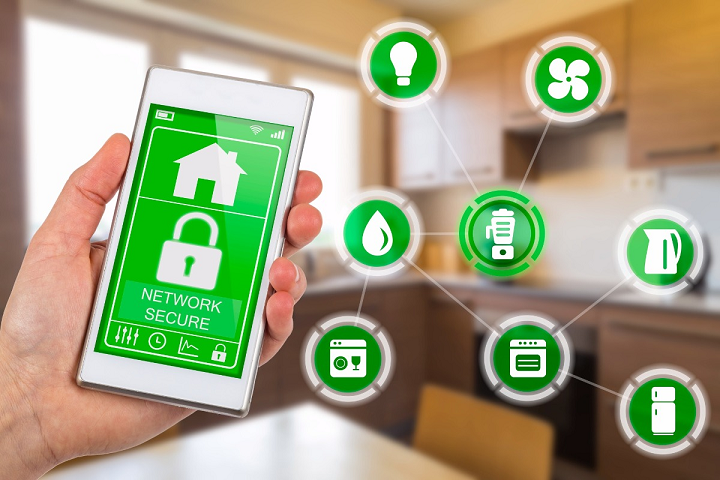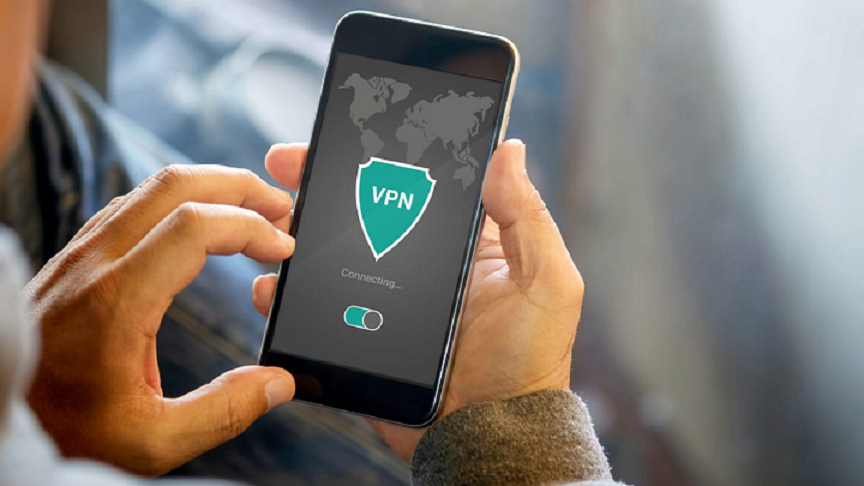Technology is rapidly becoming a regular part of homes today, as more and more security cameras, smart locks, and smart doorbells hit the market. The Internet of Things (IoT) is evolving at a fast pace, bringing high levels of convenience and security.
However, it also brings possible security threats. IoT devices are connected to the internet, which makes it possible for cybercriminals to target users.
Attackers only need access to one of your IoT devices to be able to break into all of them. They could send you a phishing email to install malware on your mobile device and then steal or misuse your personal or sensitive data.
Besides, they could install ransomware on your devices and lock you out of your entire network. Attackers could also use malware to unlock your home and steal from you if you use smart locks connected to your phone. Burglars could also turn off your security cameras, and essentially disconnect your devices from the network to hide their identity.
These are only some of the reasons why you should improve your IoT security. Here’s how you can do it.
Password-Protect Your Every IoT Device
You must use strong passwords for your every connected device so that no one could ever gain unauthorized access. Use strong passwords, PINs, and biometric security to effectively keep potential hackers out of your network.
You should use a password manager for an additional security layer, as well as two-factor authentication.
Secure Your WiFi Network
Your WiFi network is a doorway that cybercriminals can go through to steal your sensitive information. If you don’t secure your home WiFi network, you leave the door open for them to get into your system.
The first line of defense here is to secure your router. Give it a different name than what it came with, as hackers can use its model and make to gain access to your network.
They could install hidden malware that records keystrokes, and discover your usernames and passwords. That way, they could instantly gain access to all your devices.
The paramount step is to use a very strong password. Don’t use your name, address, birth date, or anything else that potential hackers could easily find out. Come up with something impossible to guess, and difficult to crack.
Make sure to also turn on the firewall, install antivirus software, and hide your home network.
Set Up a Guest WiFi Network
Setting up a guest WiFi network is very important for protecting your main one. What if you have a friend over and they connect to your main WiFi network via an unprotected device? All of your security measures could be useless.
This is simply because a potential hacker could gain access to their device, which would give them access to your entire IoT network.
Avoid this from happening by setting up a separate WiFi network for your guests.
Get a VPN for Android
Purchasing a VPN for Android will take you to a whole other level of security. Since you use your phone to connect to all your IoT devices, your mobile is the most vital access point to secure.
It’s also the most vulnerable since you use it to surf the internet and visit websites on a daily basis. It’s also where you probably check your email the most, so you may fall victim to phishing attacks. Your mobile is full of apps, too, which can also pose a threat to your security (if they’re not from official sources).
With a VPN for Android, you don’t have to worry about many of the potential security threats. Your VPN will encrypt all your connections, making you completely anonymous online.
This means that no one will be able to detect your network, let alone breach it. A VPN will even encrypt your guest WiFi network, so you won’t have to worry about visitors’ unprotected devices.
Cybercriminals won’t see your IP address, so they won’t be able to target you in many ways. You can fully enjoy the convenience of your IoT devices, knowing that your home, and all your data, is safe and secure.




















